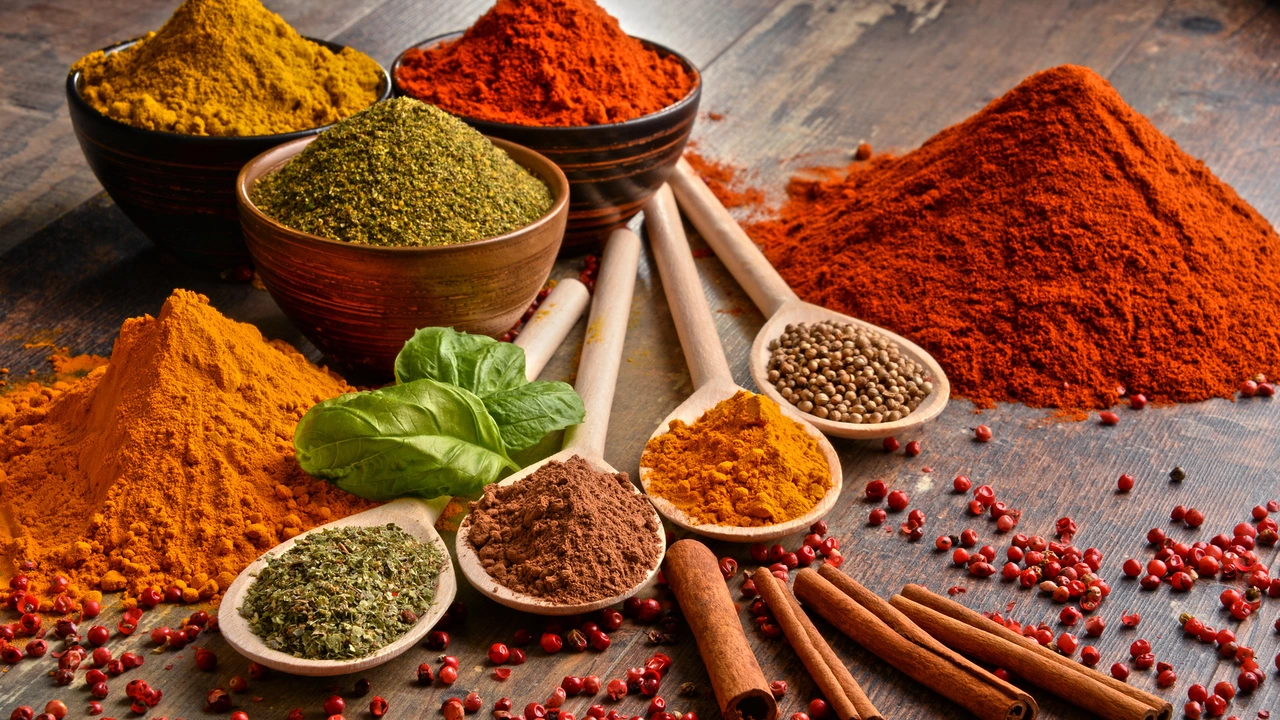In my exploration of whether one can be addicted to spices, like those in Indian cuisine, it seems the answer is complex. While there's no scientific consensus on spice addiction, many people do report craving spicy foods, which may be due to the endorphin rush experienced after consuming them. These spices, in moderate consumption, can also have various health benefits. However, overconsumption of spices can lead to health issues. So, while you might not be 'addicted' in the traditional sense, the love for spices can indeed mimic addiction-like behaviour.
Food Addiction: Understand, Manage & Overcome Cravings
Ever feel like you can't stop snacking even when you're not hungry? That feeling could be more than a habit – it might be food addiction. It’s not just about willpower; it’s a real pattern that messes with your brain and body. The good news is you can spot it early and take steps to change it.
Spotting the Signs of Food Addiction
First, notice how often you think about food. If you’re constantly planning the next meal, feeling anxious when you don’t have a snack, or eating even when you’re full, those are red flags. Another clue is hiding your eating habits from friends or family – you might feel embarrassed about how much you eat. Also watch for mood swings that improve only after you’ve eaten something sugary or salty. When food becomes a way to cope with stress, boredom, or sadness, it’s crossing into addiction territory.
Physical signs matter too. Gaining weight quickly, frequent stomach aches, or feeling sluggish after meals can point to an unhealthy relationship with food. If you’ve tried cutting back and it feels impossible, that’s a strong sign you need a plan.
Practical Strategies to Beat Food Cravings
The first step is to change the environment. Keep tempting snacks out of sight and stock your fridge with fresh fruit, veggies, and protein. When you reach for a bag of chips, replace it with a piece of fruit or a handful of nuts. Simple swaps reduce the urge without making you feel deprived.
Next, think about the timing of your meals. Skipping breakfast often leads to bingeing later in the day. Aim for three balanced meals and a couple of healthy snacks. Include protein, fiber, and a bit of healthy fat in each meal – that combo keeps you full longer and steadies blood sugar.
Mindfulness helps a lot. Before you eat, pause for a few seconds and ask yourself if you’re actually hungry or just bored. If it’s the latter, try a quick walk, a few stretches, or a short chat with a friend. Over time, your brain learns that food isn’t the only answer to stress.
Support is crucial. Talk to a friend or family member about what you’re trying to change. If it feels overwhelming, consider a nutritionist or therapist who knows about food addiction. They can give you personalized tips and keep you accountable.
Finally, celebrate small wins. Managed a craving without giving in? That’s progress. Keep a journal of what works and what doesn’t – it helps you spot patterns and adjust your plan.
Food addiction isn’t something you fix overnight, but with the right awareness and simple habits, you can regain control and feel better day by day.
